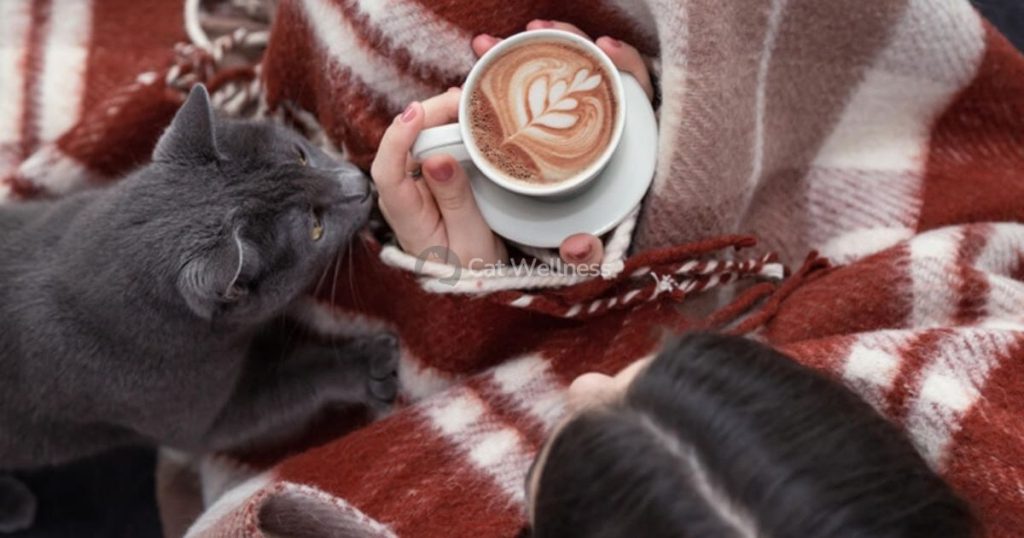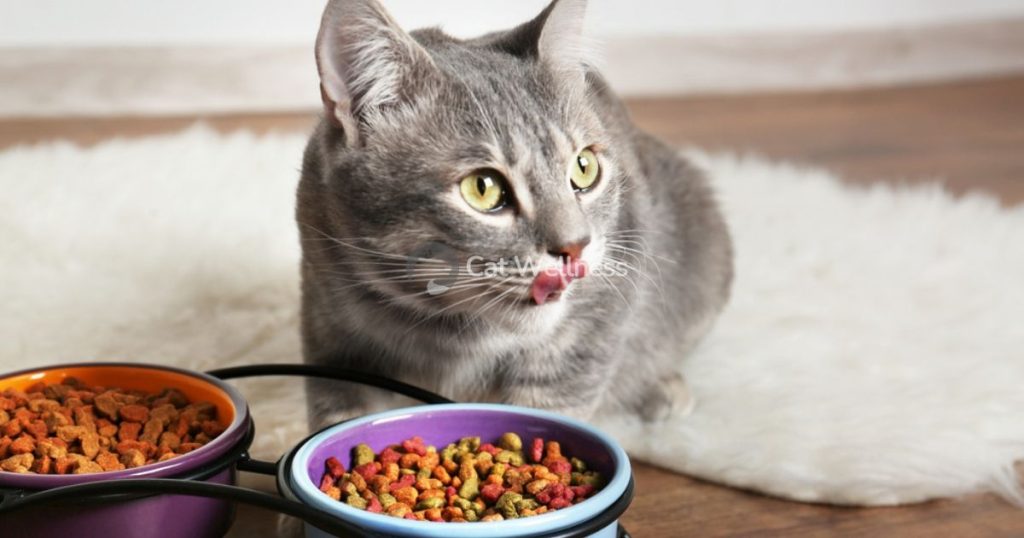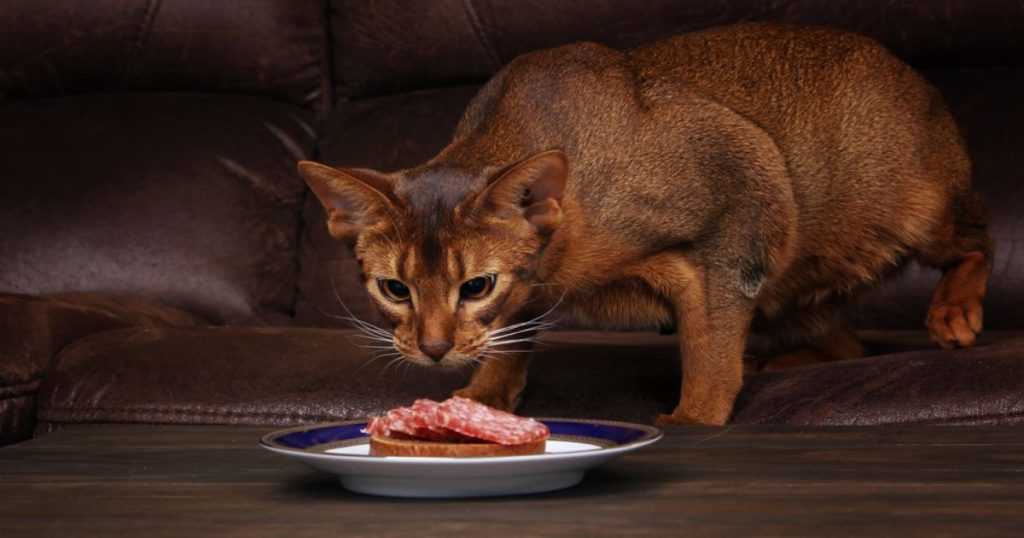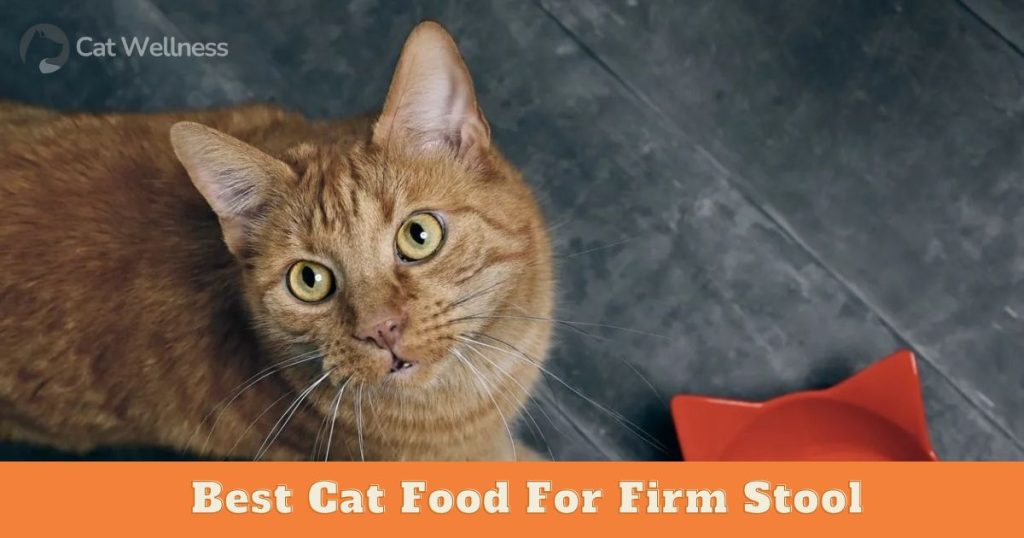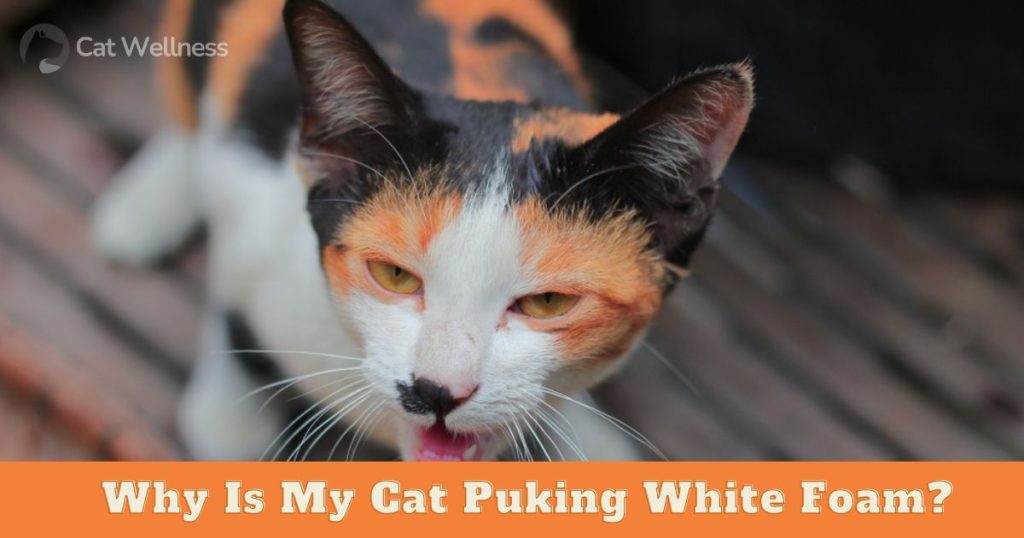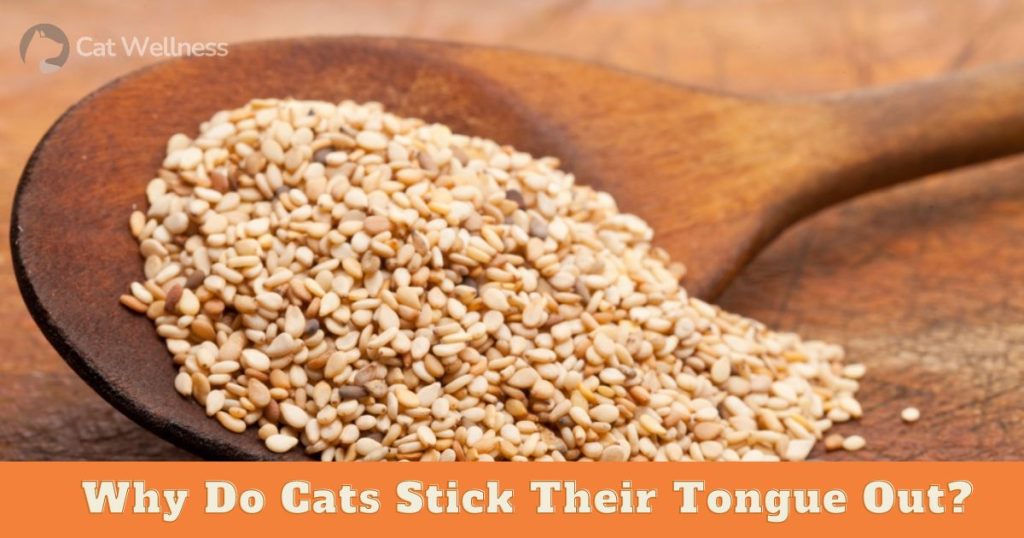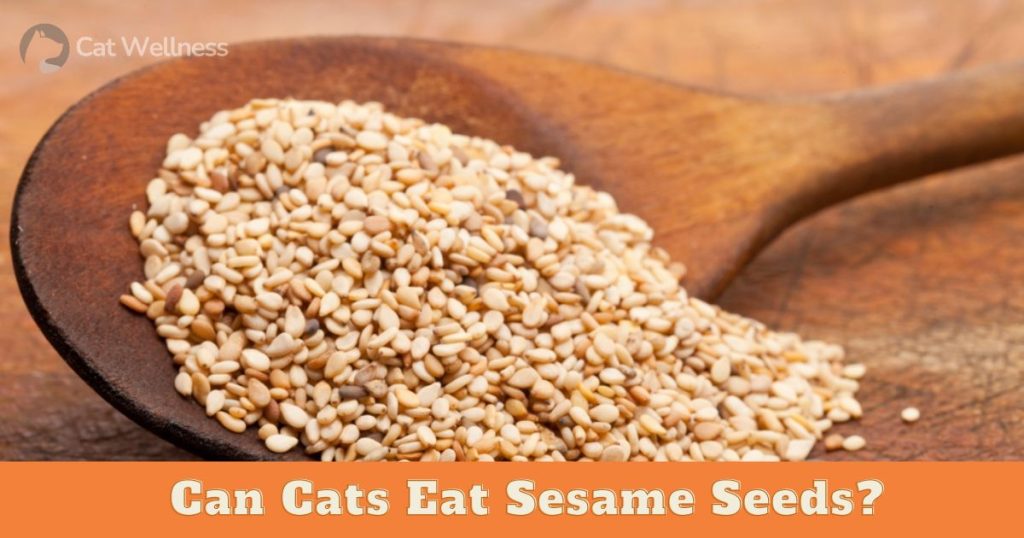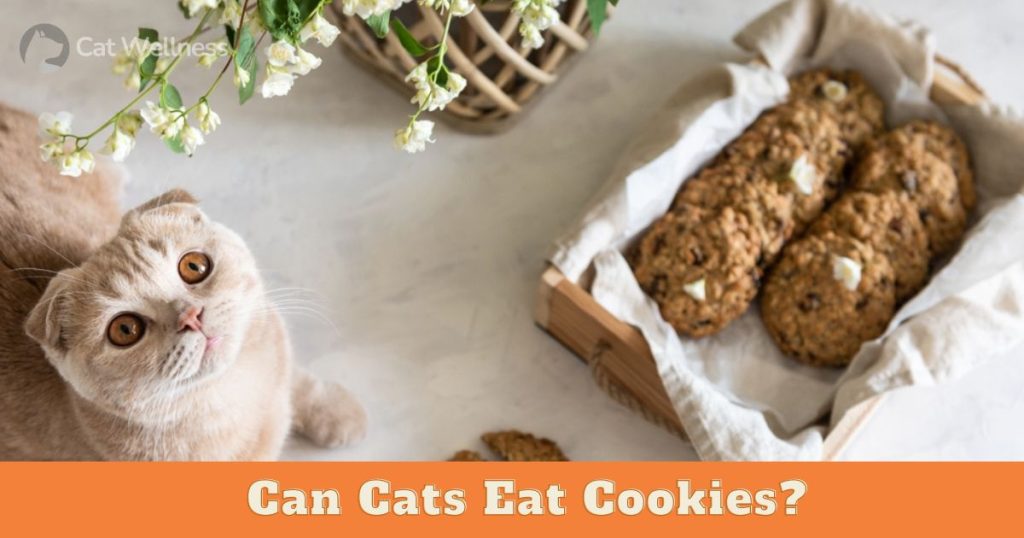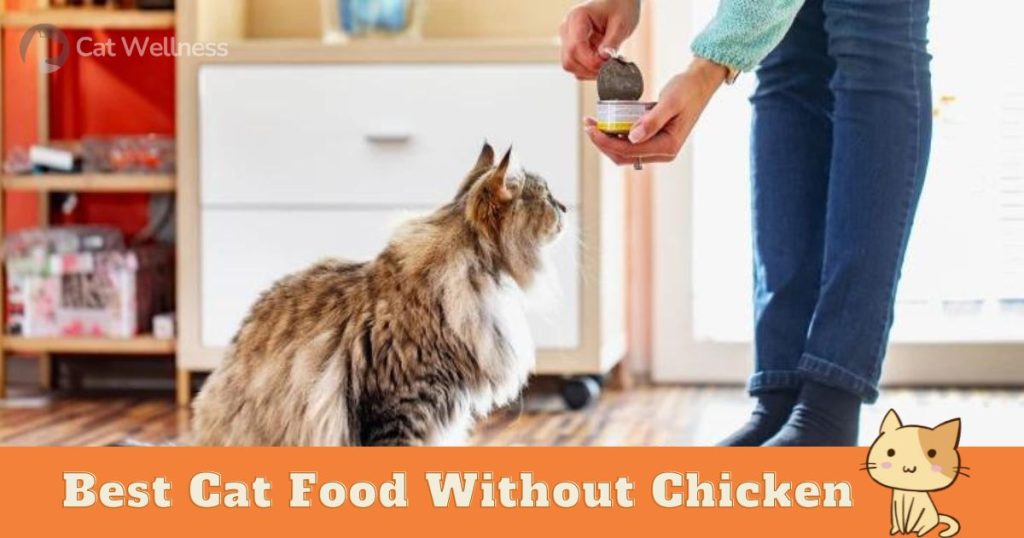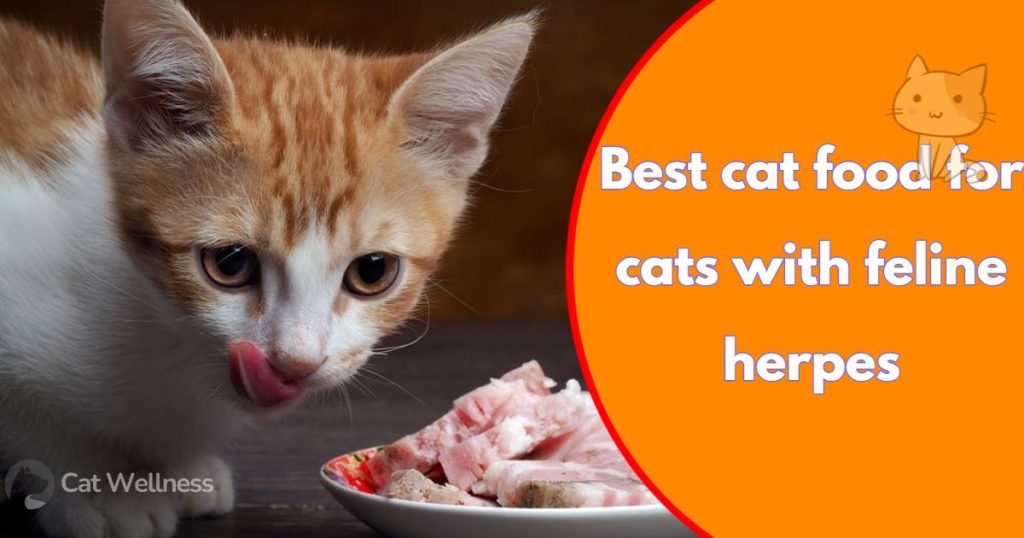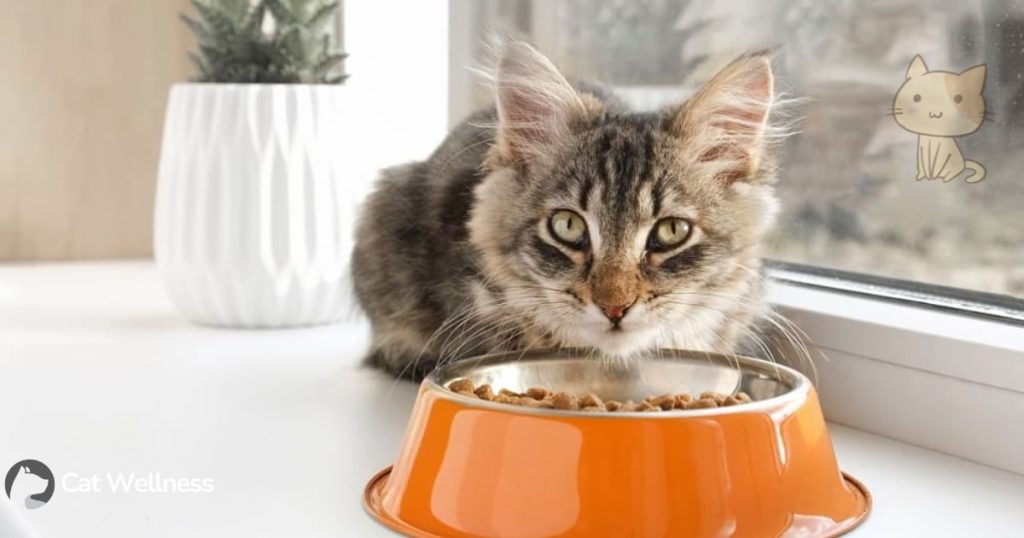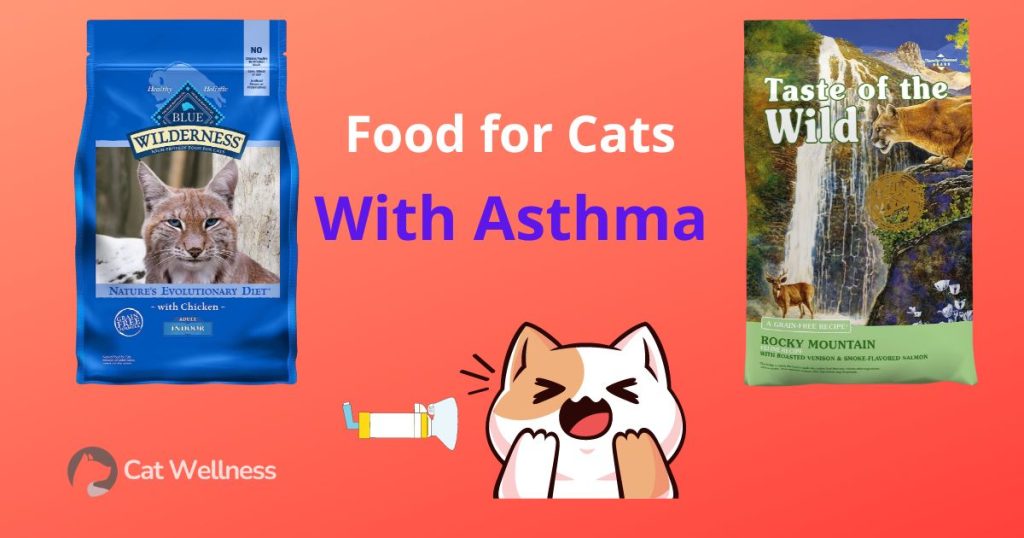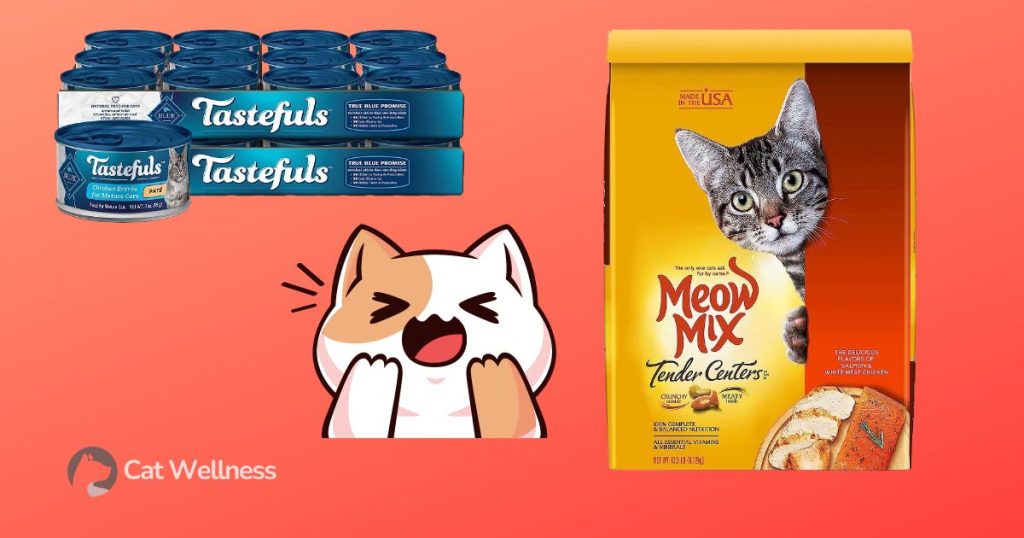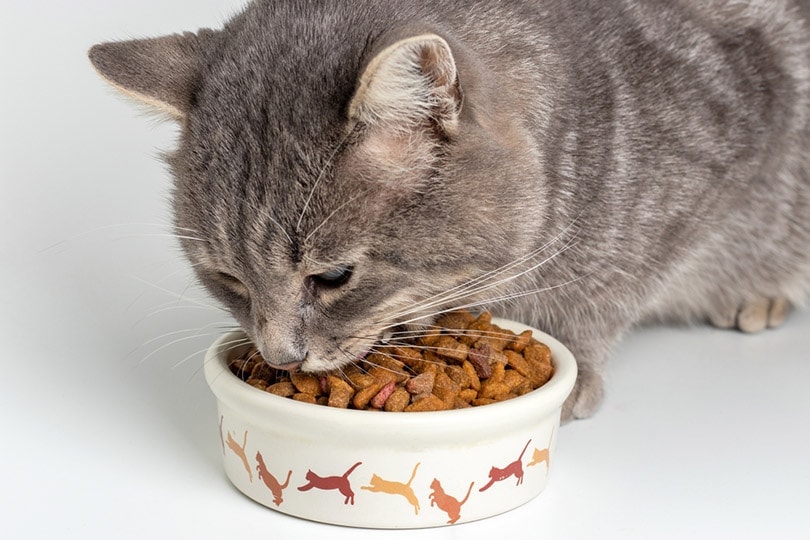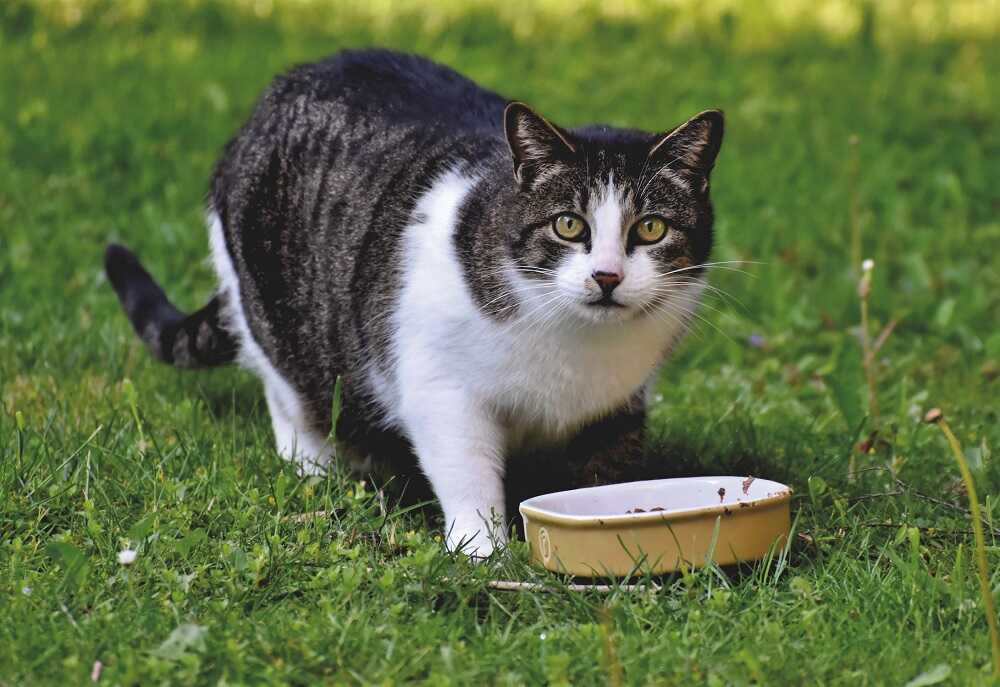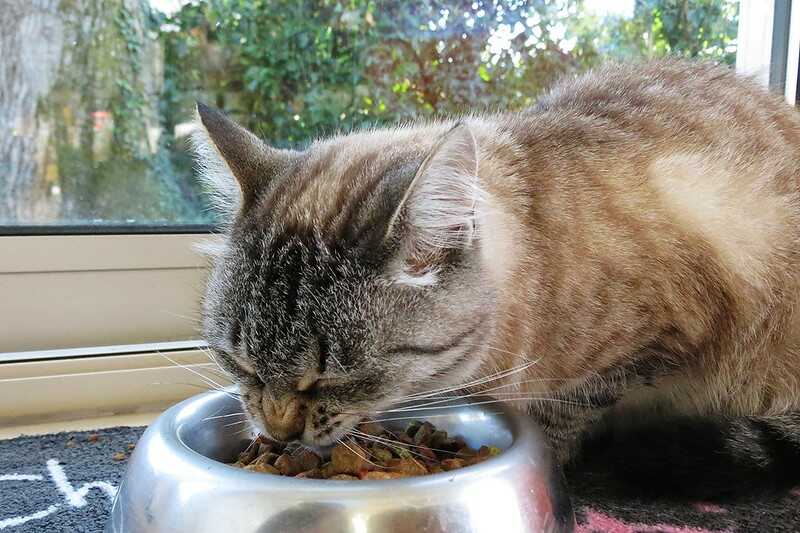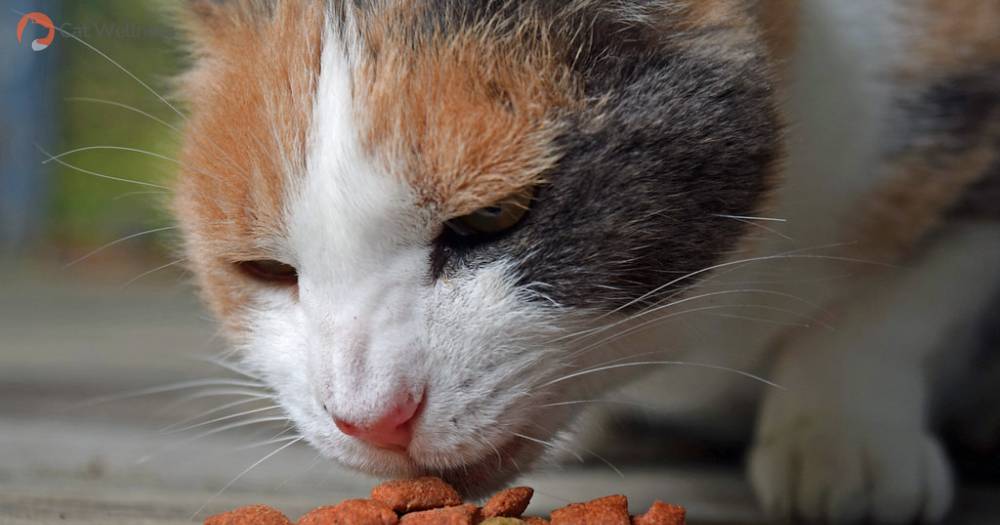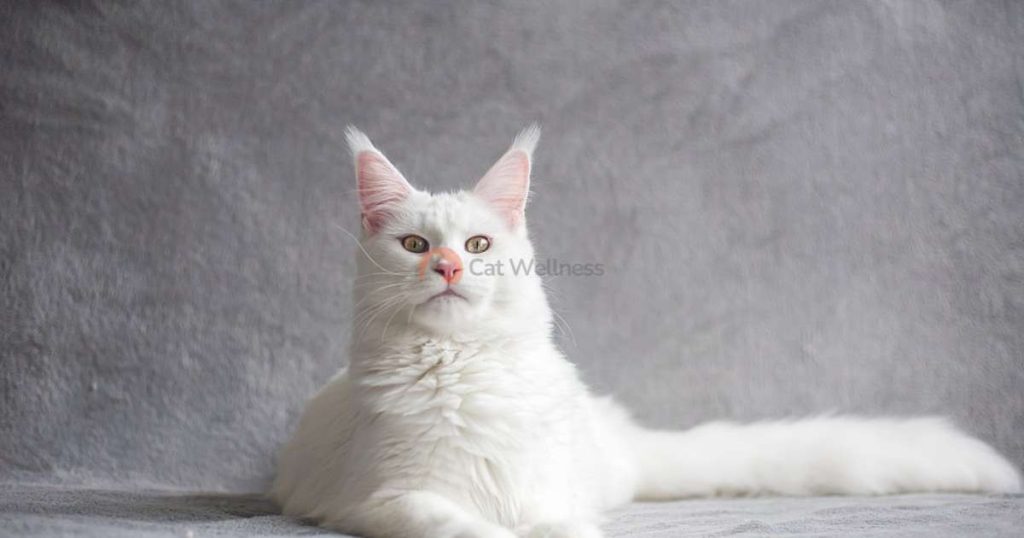If you’re a cat parent, “Can cats have oat milk?” has likely crossed your mind. Although oats are difficult for felines to digest, oat milk could be a viable alternative to cow’s milk.
This article will explore whether oat milk is safe and beneficial for our furry friends or if other more suitable options are available. Keep reading to get the expert answer on this feline diet dilemma!
Can Cats Have Oat Milk?
“Cats can have oat milk in moderation, but it should only be given as an occasional treat due to their difficulty digesting grains.”
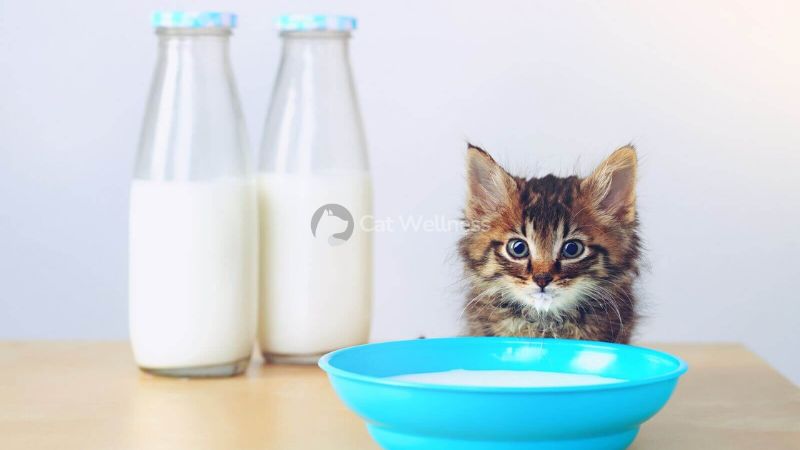
Safety and Moderation
Feeding cats oat milk should always be in moderation, as too much could lead to digestive issues. While lactose-free, making it more cat-friendly than cow’s milk, certain felines may have a sensitive digestive system that can’t tolerate the change.
It’s essential to remember that each cat has unique preferences and dietary needs; what works for one might not work for another.
Despite this, there are many discussions on Reddit where pet owners talk about their cats liking for oat milk! Yet, even with its popularity among certain furry friends, it should only remain an occasional treat.
Moderation is key when introducing new foods or drinks into your fur baby’s diet – too much of a good thing can still be harmful in excess. Watch for negative responses such as diarrhea from consuming oat milk and halt consumption at the first sign of discomfort.
Considerations for Lactose Intolerance
As cat owners, understanding the concept of lactose intolerance in cats is crucial. Many felines lack the necessary enzymes to break down and digest lactose properly, an ordinary sugar in dairy products.
This deficiency can lead to digestive issues such as diarrhea or gas when they consume foods high in lactose, like cow’s milk.
Oat milk comes into play here as it doesn’t contain animal-based byproducts or lactose, making it safer for our furry friends.
However, safety isn’t synonymous with necessity. It’s important to note that while oat milk is benign for most cats, it does not provide significant nutritional benefits for them and should not substitute their regular balanced diet designed specifically for their dietary restrictions and needs.
Even though oat milk falls within the spectrum of non-dairy alternatives suitable for feline consumption due to its zero-lactose content, moderation remains critical during the introduction.
Excessive amounts might still trigger digestive issues considering that grains are harder on cats’ stomachs than ours since they lack specific digestive elements to process them efficiently.
Potential Benefits and Drawbacks
Oat milk can offer a slight hydration boost as an occasional cat treat. Fortified with nutrients, it provides a minor nutritional supplement to feline diets. Despite these benefits, the digestibility of oats for cats is quite challenging and could potentially cause harm to their digestive system.
Although considered safer than cow’s milk due to lactose intolerance in cats, excessive consumption may still lead to adverse effects like diarrhea and other discomforts. Therefore, their bodies are not designed for grain digestion and won’t derive significant nutrients or calories from oat milk.
To sum up: While serving oat milk might seem tempting due to its potential benefits such as hydration and nutrition supplementation, caution must be exercised due to its shortcomings concerning their dietary requirements and health implications if consumed excessively.
Alternatives to Oat Milk for Cats
Recommended oat milk alternatives are to offer your cat water, broth, or low-sodium tuna juice instead of oat milk.
1. Water
Water is a crucial component of a cat’s daily hydration needs. While oat milk can occasionally treat cats, it should not replace their primary hydration source, water.
Cats are prone to urinary tract issues, and ensuring they have access to fresh water throughout the day helps maintain their urinary health.
Additionally, water aids in digestion and keeps the body functioning correctly. So, while oat milk may provide some hydration for cats, it’s important to remember that water should always be their primary source of fluids.
2. Broth
The broth is an excellent alternative to oat milk for cats when it comes to providing hydration and flavor. Not all broths are created equal, so be sure to choose one that is low in sodium and doesn’t contain additives or seasonings that could harm your feline friend.
Giving your cat broth can help prevent dehydration, especially if they’re not drinking enough water alone. Plus, the aroma and taste of broth can make it more enticing for picky eaters.
Remember to give your cat broth in moderation as part of a balanced diet, and always consult with your veterinarian before introducing new foods into their routine.
3. Low-Sodium Tuna Juice
Tuna juice, especially low-sodium varieties, can be a great alternative to oat milk for cats needing hydration. Cats are naturally attracted to the smell and taste of fish, making tuna juice an enticing option.
It not only helps to keep them hydrated but also provides a small amount of additional nutrients. However, using tuna juice as a treat or supplement is vital rather than a primary beverage.
Remember to choose low-sodium options and avoid those with added salt or other additives that may harm your cat’s health.
FAQs
Conclusion
In conclusion, cats can technically have oat milk in small amounts, but it is not recommended due to their difficulty digesting grains. Oat milk may provide minimal hydration for cats but lacks the necessary nutrients and calories they need.
Sticking to water or veterinarian-approved alternatives for your feline friend’s health and well-being is best.
Thanks for reading, please let us know if you have any questions!
Recommended Reading…



